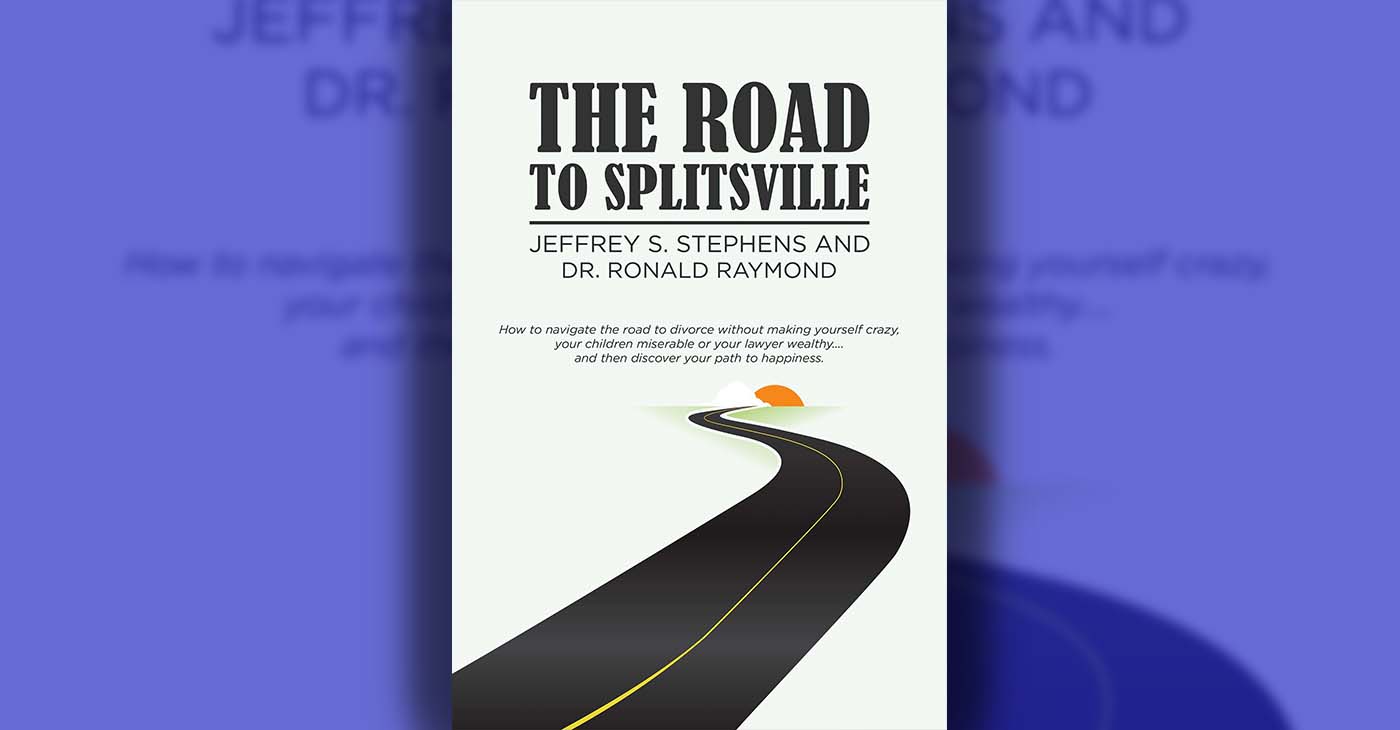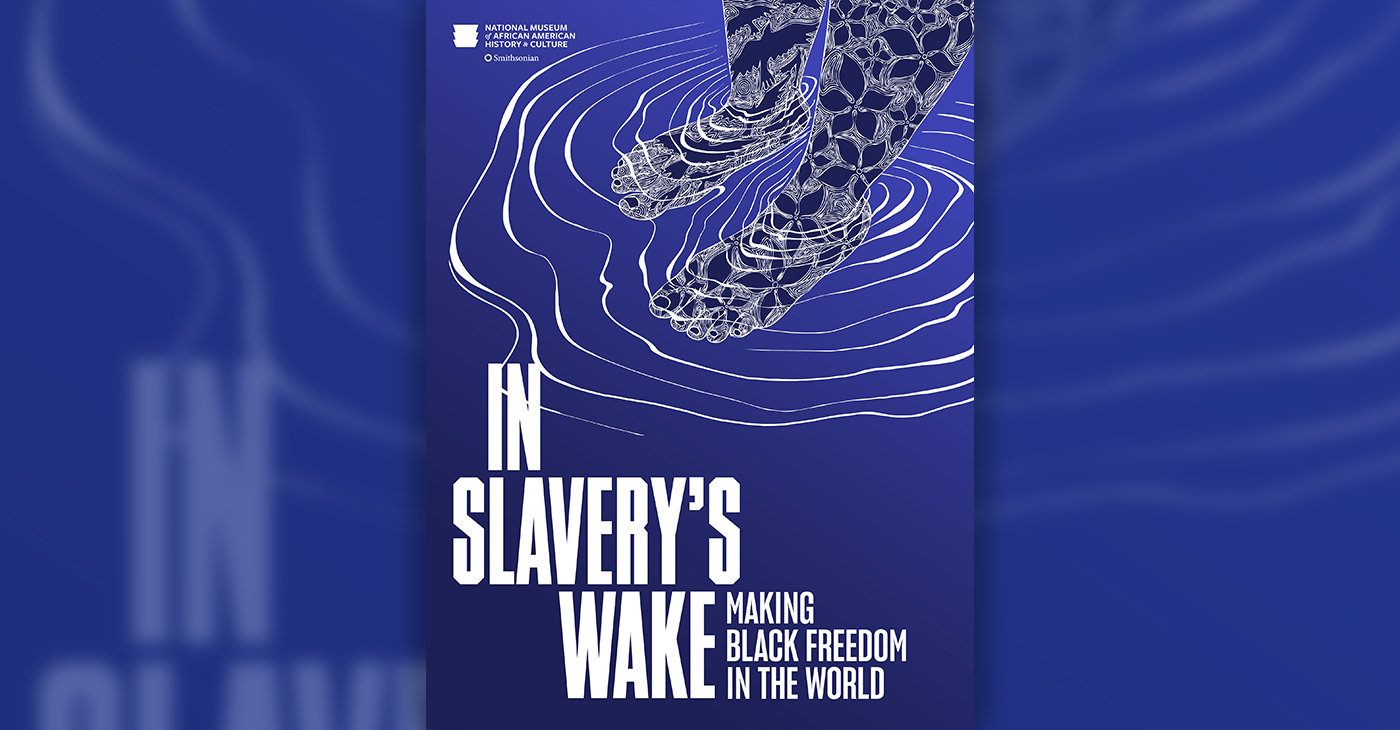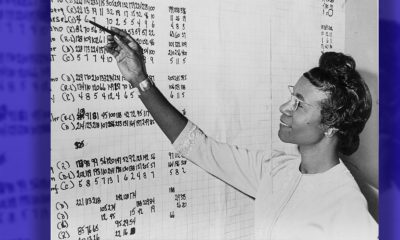Book Reviews
For Those Facing Divorce: Book Guides Readers Down a Gentler Path That Leads to a Brighter Future
For those who have made the difficult decision to divorce, psychologist Ronald Raymond and attorney Jeffrey Stephens pave a gentler path toward ending a marriage that results in the potential for a brighter future in their book, “The Road to Splitsville: How to Navigate the Road to Divorce without Making Yourself Crazy, Your Children Miserable, or Your Lawyer Wealthy … and Then Discover Your Path to Happiness”.

For those who have made the difficult decision to divorce, psychologist Ronald Raymond and attorney Jeffrey Stephens pave a gentler path toward ending a marriage that results in the potential for a brighter future in their book, “The Road to Splitsville: How to Navigate the Road to Divorce without Making Yourself Crazy, Your Children Miserable, or Your Lawyer Wealthy … and Then Discover Your Path to Happiness”.
“Not only do 50% of marriages end in divorce, but 60% of second marriages and 70% of third marriages end in divorce, which says that people are making the same mistakes over and over again,” said Stephens.
And that’s exactly why The Road to Splitsville begins with Dr. Raymond’s Spousal Attachment Survey, which takes readers on a deep dive to uncover the real reasons why they married their spouse and where they went off-course, so they can avoid repeating the same mistakes.
“There is no such thing as a divorce where there weren’t some good times in the process of getting there, and people need to look at that and see what role they played on both sides, the good and the bad,” Dr. Raymond added.
Then, Stephens and Raymond offer insights and techniques for dealing with the inevitable upset and issues that divorcees face, including:
- Confronting and understanding the “why” of the divorce
- Choosing the legal process best suited for your individual circumstances
- Selecting an attorney, managing that relationship and limiting the costs
- What to do if you need help from a therapist and how to choose one
- How to deal with adult children of divorce
- How to deal with young and adolescent children of divorce
- How to handle the loss of love
- How to rebuild your life and find happiness
“This book is for people who have concluded that divorce is inevitable,” Stephens added. “We hope to assist in managing the emotional and economic damage and point them toward a path to happiness.”
Jeffrey S. Stephens is a successful attorney in private practice, having handled many divorces and family law issues in New York and Connecticut. He is also the author of the Jordan Sandor thrillers, Targets of Deception, Targets of Opportunity, Targets of Revenge and Rogue Mission, as well as the Anthony Walker murder mystery Crimes and Passion and the Pencraft Award-winning novels Fool’s Errand and The Handler.
Dr. Ronald Raymond is a clinical psychologist who has been practicing for over 50 years. His background includes being a professor and adjunct professor at several universities. He served as the Director of Psychology at one of the nation’s most prestigious psychiatric hospitals, Silver Hill Hospital in New Canaan, CT, and The American Psychological Association attributed to him the development of relocation psychology.
For more information, please visit www.theroadtosplitsville.com.
The Road to Splitsville: How to Navigate the Road to Divorce without Making Yourself Crazy, Your Children Miserable, or Your Lawyer Wealthy … and Then Discover Your Path to Happiness
Publisher: Post Hill Press
ISBN-10: 1637588097
ISBN-13: 978-1637588093
Available from Amazon.com and anywhere books are sold.
Black History
Book Review: In Slavery’s Wake: Making Black Freedom in the World
It’s a tale of heroes: the Maroons, who created communities in unwanted swampland, and welcomed escaped slaves into their midst; Sarah Baartman, the “Hottentot Venus”; Marème Diarra, who walked more than 2000 miles from Sudan to Senegal with her children to escape slavery; enslaved farmers and horticulturists; and everyday people who still talk about slavery and what the institution left behind.

By Terri Schlichenmeyer
Ever since you learned how it happened you couldn’t get it out of your mind.
People, packed like pencils in a box, tightly next to each other, one by one by one, tier after tier. They couldn’t sit up, couldn’t roll over or scratch an itch or keep themselves clean on a ship that took them from one terrible thing to another. And in the new book “In Slavery’s Wake,” essays by various contributors, you’ll see what trailed in waves behind those vessels.
You don’t need to be told about the horrors of slavery. You’ve grown up knowing about it, reading about it, thinking about everything that’s happened because of it in the past four hundred years. And so have others: in 2014, a committee made of “key staff from several world museums” gathered to discuss “telling the story of racial slavery and colonialism as a world system…” so that together, they could implement a “ten-year road map to expand… our practices of truth telling…”
Here, the effects of slavery are compared to the waves left by a moving ship, a wake the story of which some have tried over time to diminish.
It’s a tale filled with irony. Says one contributor, early American Colonists held enslaved people but believed that King George had “unjustly enslaved” the colonists.
It’s the story of a British company that crafted shackles and cuffs and that still sells handcuffs “used worldwide by police and militaries” today.
It’s a tale of heroes: the Maroons, who created communities in unwanted swampland, and welcomed escaped slaves into their midst; Sarah Baartman, the “Hottentot Venus”; Marème Diarra, who walked more than 2000 miles from Sudan to Senegal with her children to escape slavery; enslaved farmers and horticulturists; and everyday people who still talk about slavery and what the institution left behind.
Today, discussions about cooperation and diversity remain essential.
Says one essayist, “… embracing a view of history with a more expansive definition of archives in all their forms must be fostered in all societies.”
Unless you’ve been completely unaware and haven’t been paying attention for the past 150 years, a great deal of what you’ll read inside “In Slavery’s Wake” is information you already knew and images you’ve already seen.
Look again, though, because this comprehensive book isn’t just about America and its history. It’s about slavery, worldwide, yesterday and today.
Casual readers – non-historians especially – will, in fact, be surprised to learn, then, about slavery on other continents, how Africans left their legacies in places far from home, and how the “wake” they left changed the worlds of agriculture, music, and culture. Tales of individual people round out the narrative, in legends that melt into the stories of others and present new heroes, activists, resisters, allies, and tales that are inspirational and thrilling.
This book is sometimes a difficult read and is probably best consumed in small bites that can be considered with great care to appreciate fully. Start “In Slavery’s Wake,” though, and you won’t be able to get it out of your mind.
Edited by Paul Gardullo, Johanna Obenda, and Anthony Bogues, Author: Various Contributors, c.2024, Smithsonian Books, $39.95
Arts and Culture
In ‘Affrilachia: Testimonies,’ Puts Blacks in Appalacia on the Map

By Terri Schlichenmeyer
The Bookworm Sez
An average oak tree is bigger around than two people together can reach.
That mighty tree starts out with an acorn the size of a nickel, ultimately growing to some 80 feet tall, with a canopy of a hundred feet or more across.
And like the new book, “Affrilachia” by Chris Aluka Berry (with Kelly Elaine Navies and Maia A. Surdam), its roots spread wide and wider.
Affriclachia is a term a Kentucky poet coined in the 1990s referring to the Black communities in Appalachia who are similarly referred to as Affrilachians.
In 2016, “on a foggy Sunday morning in March,” Berry visited Affrilachia for the first time by going the Mount Zion AME Zion Church in Cullowhee, North Carolina. The congregation was tiny; just a handful of people were there that day, but a pair of siblings stood out to him.
According to Berry, Ann Rogers and Mae Louise Allen lived on opposite sides of town, and neither had a driver’s license. He surmised that church was the only time the elderly sisters were together then, but their devotion to one another was clear.
As the service ended, he asked Allen if he could visit her. Was she willing to talk about her life in the Appalachians, her parents, her town?
She was, and arrangements were made, but before Barry could get back to Cullowhee, he learned that Allen had died. Saddened, he wondered how many stories are lost each day in mountain communities where African Americans have lived for more than a century.
“I couldn’t make photographs of the past,” he says, “but I could document the people and places living now.”
In doing so he also offers photographs that he collected from people he met in ‘Affrilachia,’ in North Carolina, Georgia, Kentucky, and Tennessee, at a rustic “camp” that was likely created by enslaved people, at churches, and in modest houses along highways.
The people he interviewed recalled family tales and community stories of support, hardship, and home.
Says coauthor Navies, “These images shout without making a sound.”
If it’s true what they say about a picture being worth 1,000 words, then “Affrilachia,” as packed with photos as it is, is worth a million.
With that in mind, there’s not a lot of narrative inside this book, just a few poems, a small number of very brief interviews, a handful of memories passed down, and some background stories from author Berry and his co-authors. The tales are interesting but scant.
For most readers, though, that lack of narrative isn’t going to matter much. The photographs are the reason why you’d have this book.
Here are pictures of life as it was 50 years or a century ago: group photos, pictures taken of proud moments, worn pews, and happy children. Some of the modern pictures may make you wonder why they’re included, but they set a tone and tell a tale.
This is the kind of book you’ll take off the shelf, and notice something different every time you do. “Affrilachia” doesn’t contain a lot of words, but it’s a good choice when it’s time to branch out in your reading.
“Affrilachia: Testimonies,” by Chris Aluka Berry with Kelly Elaine Navies and Maia A. Surdam
c.2024, University of Kentucky Press, $50.00.
Black History
BOOK REVIEW: If We Are Brave: Essays from Black Americana
Johnson believes that these days, democracy can be used to do undemocratic things, and most people hardly blink. To “save democracy,” we need to question all the things that affect it, and then re-imagine it. We must examine why racism still exists, for example, and how it affected the last five election cycles. We shouldn’t worry about changing democracy because we’re already in the midst of change. We can look at history for proof of that. And we need to be very watchful.

By Terri Schlichenmeyer
What do you think?
You may remember the first time a respected adult asked you in earnest for your opinion, and you felt like you had arrived. Ten feet tall, you were. Suddenly a grown-up with viewpoints and thoughts that mattered. What do you think about sports, fashion, food, school, a new apartment or neighbor? In the new book “If We Are Brave,” author Theodore R. Johnson asks, ‘what do you think about current events?’
Every summer for most of his childhood, Johnson traveled with his family from North Carolina to Georgia to visit relatives. There, Johnson always tried to insert himself in with the menfolk and was usually turned away – until one day, an uncle asked his opinion.
He still remembers it. Listening to your elders, he says, “you learn who your people are.”
And yet, Johnson was a curious child, never wanting to take anyone’s word, preferring instead to make up his own mind. When a church leader at prayer call told him that “God has a special plan for your life,” Johnson was humbled but he knew the prophesy came with baggage.
His thirst for understanding hasn’t diminished since then; in fact, it’s ballooned.
Here, he dives into democracy in America. Over the past months, you’ve undoubtedly heard about the subject, and you have probably noticed that the word’s meaning can be ambiguous.
Johnson believes that these days, democracy can be used to do undemocratic things, and most people hardly blink.
To “save democracy,” we need to question all the things that affect it, and then re-imagine it. We must examine why racism still exists, for example, and how it affected the last five election cycles. We shouldn’t worry about changing democracy because we’re already in the midst of change. We can look at history for proof of that. And we need to be very watchful.
Says Johnson, when elected officials use the “instruments of government to divide and polarize” voters and public institutions, they can easily send democracy into a “death spiral.”
It may seem like the kerfuffle over the election has eased some.
Whether your candidate won or lost, you’ve had time now to let it settle in. So read “If We Are Brave” and get ready to have everything you thought you knew shook up like a snow globe.
Like the Black churches he writes so lovingly about, Johnson “don’t play.” Once you’re pulled into one of his stories, find a good seat; you won’t want to go anywhere anyhow. Johnson uses tales of his childhood and his classrooms to lead readers into understanding how we got to this point, politically, and how we should have seen some foreshadowing during last election — had we just known where in history to look.
Reading this book is like having a private civics lesson, only way more interesting than it ever was in high school. It’s sense-making, at a time when many things don’t make sense. Start “If We Are Brave” and see what you think.
Author: Theodore R. Johnson, c.2024, Amistad, $30.00
-

 Activism4 weeks ago
Activism4 weeks agoOakland Post: Week of November 27 – December 3, 2024
-

 Activism2 weeks ago
Activism2 weeks agoButler, Lee Celebrate Passage of Bill to Honor Congresswoman Shirley Chisholm with Congressional Gold Medal
-

 Activism2 weeks ago
Activism2 weeks agoPost News Group to Host Second Town Hall on Racism, Hate Crimes
-

 Activism2 weeks ago
Activism2 weeks agoDelta Sigma Theta Alumnae Chapters Host World AIDS Day Event
-

 Business2 weeks ago
Business2 weeks agoLandlords Are Using AI to Raise Rents — And California Cities Are Leading the Pushback
-

 Activism3 weeks ago
Activism3 weeks agoOakland Post: Week of December 4 – 10, 2024
-

 Arts and Culture1 week ago
Arts and Culture1 week agoPromise Marks Performs Songs of Etta James in One-Woman Show, “A Sunday Kind of Love” at the Black Repertory Theater in Berkeley
-

 Activism2 weeks ago
Activism2 weeks agoOakland Post: Week of December 11 – 17, 2024




























































